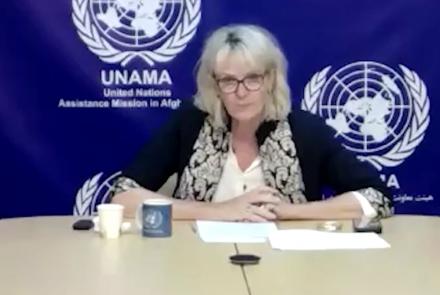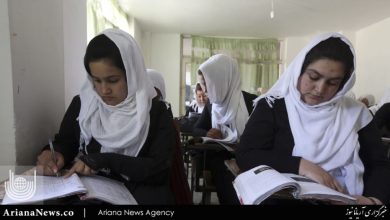UNAMA Describes the Decision to Tlose Schools as “Discriminatory

UNAMA considers the caretaker government’s decision not to allow female students in the sixth grade to go to school discriminatory and says that if it continues, it will have dire consequences for future generations in Afghanistan.
In an interview with the European Institute of International Affairs, Motta Nodson, the UN Under-Representative in Afghanistan, warned that if it was not reconsidered and revise, it would spread poverty in the country.
Ms. Nodsson said: “Denial of education not only violates the rights of women and girls to education, but also jeopardizes the future of the country and the great cooperation of women and girls,”. The long-term impact of this discriminatory decision will affect Afghanistan’s future generations in the education sector and help spread poverty.”
Hannah Newmann, a member of the European Parliament in a press conference said: “in August you promised to respect women’s rights and media freedom, but now it’s been two hundred days since girls are prohibitedwent to going to school,” said on the closure of girls’ schools. “This is sabotage at the national level, and we all know that your daughters go to schools and universities abroad.”
After the fall of the previous government, the country’s educational institutions ceased to function. Although universities have opened and started operating with the separation of girls ‘and boys’ classes, schools have not yet been opened to all students.
A group of women and students in Kabul protested against the closure of schools for girls.




